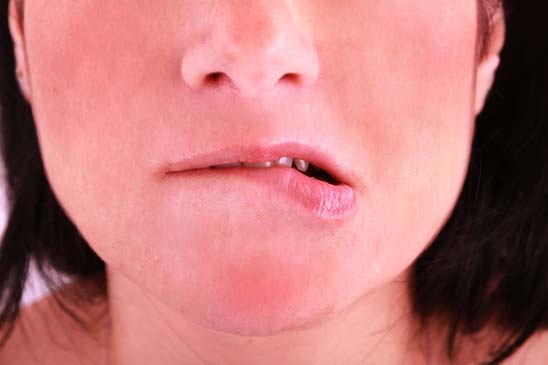In developed countries, where the average age is 51 years, menopause usually begins between 40 and 58 years of age. For others, due to a medical condition or procedure, such as removal of the ovaries, it may occur soon.
Most women experience physical symptoms at the time of menopause, such as hot flashes, night sweats, vaginal dryness, and a diminished sex drive. It can also lead to anxiety, mood changes, and reduced sex drive.
Additionally, menopausal women are at higher risk of many diseases, including osteoporosis, obesity, heart disease, and diabetes. Every woman experience menopause differently. Some have full, healthy lives before and after the procedure, and some find no relief in coping with menstruation or birth control.
Maintaining a balanced diet and daily exercise will make women feel healthy in the long run and improve their overall health. Those experiencing the symptoms of menopause will receive treatment and support.
Such symptoms may begin before menstruation ends, and may continue for many years. The effect on a person’s quality of life can vary from moderate to severe. However, there is a natural treatment to relieve the effects of menopause.
Eat calcium-rich foods and vitamin D
During menopause, hormonal changes can weaken bones and increase the risk of osteoporosis. Calcium and vitamin D are associated with good bone health, so having enough of those nutrients in your diet is essential.
Gain and maintain a healthy weight
Weight gain during menopause is common. It can be attributed to a combination of hormonal changes, aging, lifestyle, and genetics. Gaining excess body fat, especially around the waist, increases the risk of developing diseases like heart disease and diabetes. Besides, your body weight can affect your menopause symptoms.
Eat plenty of vegetables and fruits.
Eating foods rich in fruits and vegetables can help prevent many symptoms of menopause. Fruits and vegetables are low in calories, and they are perfect for weight loss and weight maintenance. They can help in combating many diseases including heart disease.
Remove the Trigger Foods
Some foods can trigger hot flashes, night sweats, and mood swings. When you eat them at night, they may be more likely to trigger you.
Typical triggers include caffeine, alcohol, and foods that are sugary or spicy. Keep a diary of symptoms. If you find that particular foods indicate menopause, try to reduce your consumption or avoid them altogether.
Exercise daily
There is currently insufficient evidence to confirm whether exercise is useful in the treatment of night sweats and hot flashes. However, there is evidence to support other daily exercise benefits.
These include improved strength and metabolism, healthy joints and bones, decreased stress, and better sleep.
Conclusion: Menopause is not a disease. It is an integral part of life. While it can be challenging to deal with its symptoms, eating the right diet and regular exercise can help reduce and prevent them. If you have signs of any of the above diseases, then you should visit the menopause doctor.







